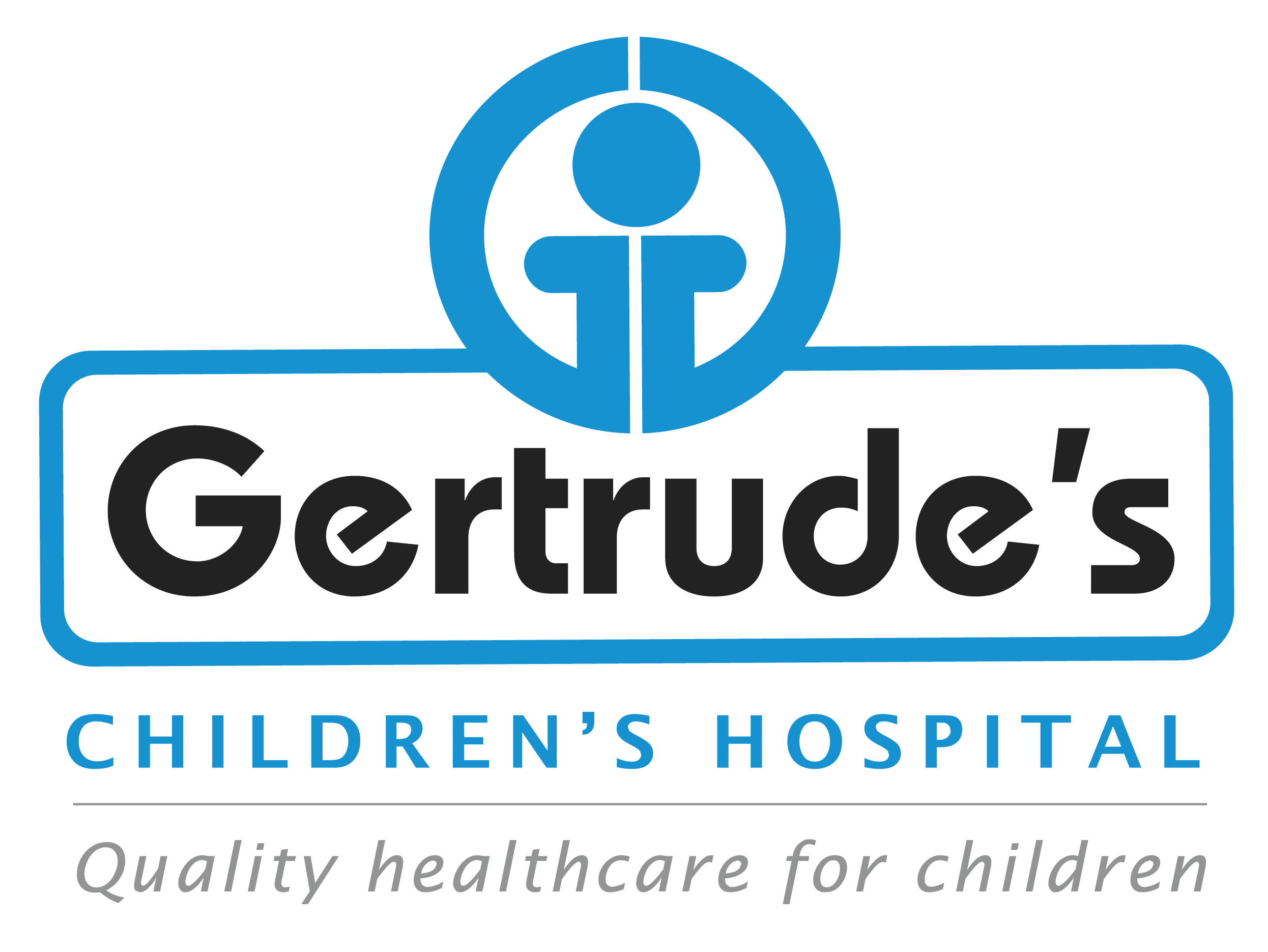Hemochromatosis is a genetic disorder that causes the body to absorb too much iron from food. This excess iron can build up in the body and damage organs such as the liver, heart, and pancreas. Hemochromatosis is a common condition that affects millions of people worldwide, especially those of European descent.
Symptoms
- Fatigue or weakness
- Joint pain or arthritis
- Abdominal pain or swelling
- Dark skin or skin discoloration
- Hair loss
- Erectile dysfunction
- Menstrual irregularities
Causes
- Hemochromatosis is caused by a genetic mutation that affects the body’s ability to regulate iron absorption. This mutation can be inherited from one’s parents, and it’s more common in people of European descent.
Diagnosis
- Blood tests to check for high levels of iron in the blood
- Genetic testing to identify the genetic mutation
- Physical exam and medical history
- Imaging tests such as MRI or CT scans to check for organ damage
Treatment Options
- Phlebotomy (bloodletting) to remove excess iron from the blood
- Medications to reduce iron absorption
- Dietary changes to reduce iron intake
- Chelation therapy to remove excess iron from the body
Why Choose Us
Expert team
Our pediatric specialists have extensive experience in treating children.
Personalized care
We create treatment plans that fit each child’s unique needs
Support and education
We teach children and families how to care for them and prevent future cases
Advanced treatments
Access to the latest treatments and products
Frequently Asked Questions
Q: What is the difference between hemochromatosis and other iron disorders?
A: Hemochromatosis is a specific genetic disorder that affects the body’s ability to regulate iron absorption. Other iron disorders, such as iron deficiency anemia, affect different aspects of iron metabolism.
Q: Can hemochromatosis be cured?
A: There is no cure for hemochromatosis, but with proper management and treatment, most people with the condition can lead healthy and active lives.
Q: How can I prevent complications from hemochromatosis?
A: Early diagnosis and treatment can help prevent complications such as organ damage and cancer. Regular monitoring and follow-up care can also help manage the condition.
Contact
Please feel free to contact us with any general or medical enquiry by calling us.





